Perspective in economic evaluation
The perspective in economic evaluation refers to the point of view from which the costs and health benefits of an intervention are assessed. Different perspectives can be adopted, such as those of the patient, hospital/clinic, healthcare system, or society. The choice of perspective significantly influences which costs and benefits are included in the analysis.
Key aspects of perspective include:
– Societal Perspective: The broadest perspective, which includes all social opportunity costs associated with different interventions. This encompasses productivity losses due to patients’ inability to work and any changes in these losses resulting from a new therapy.
– NHS and Personal and Social Services Perspective (UK NICE): This perspective includes treatment costs such as medicine costs, administration and monitoring, other health service resource use costs related to disease management (e.g., GP visits, hospital admissions), and costs of managing treatment-related adverse events. It excludes patients’ costs of obtaining care, such as transportation, over-the-counter purchases, co-payments, or time off work.
– Patient Perspective: Focuses on the direct costs and health benefits experienced by the patient, including out-of-pocket expenses and the impact on quality of life.
– Hospital/Clinic Perspective: Considers the costs incurred by the healthcare provider, including resource use within the facility.
In its reference case, UK NICE recommends the perspective of “NHS and personal and social services,” recognizing that the societal perspective may bias against those not in work, such as retirees or individuals unable to work due to health reasons. For health outcomes, NICE bases QALYs on the general population’s valuation of health states (obtained through surveys) rather than patients’ own valuations of their health states.
Selecting the appropriate perspective is crucial for ensuring that the economic evaluation accurately reflects the costs and benefits relevant to the decision-makers involved, thereby supporting informed and equitable healthcare decisions.
Click HEOR TERMINOLOGY
